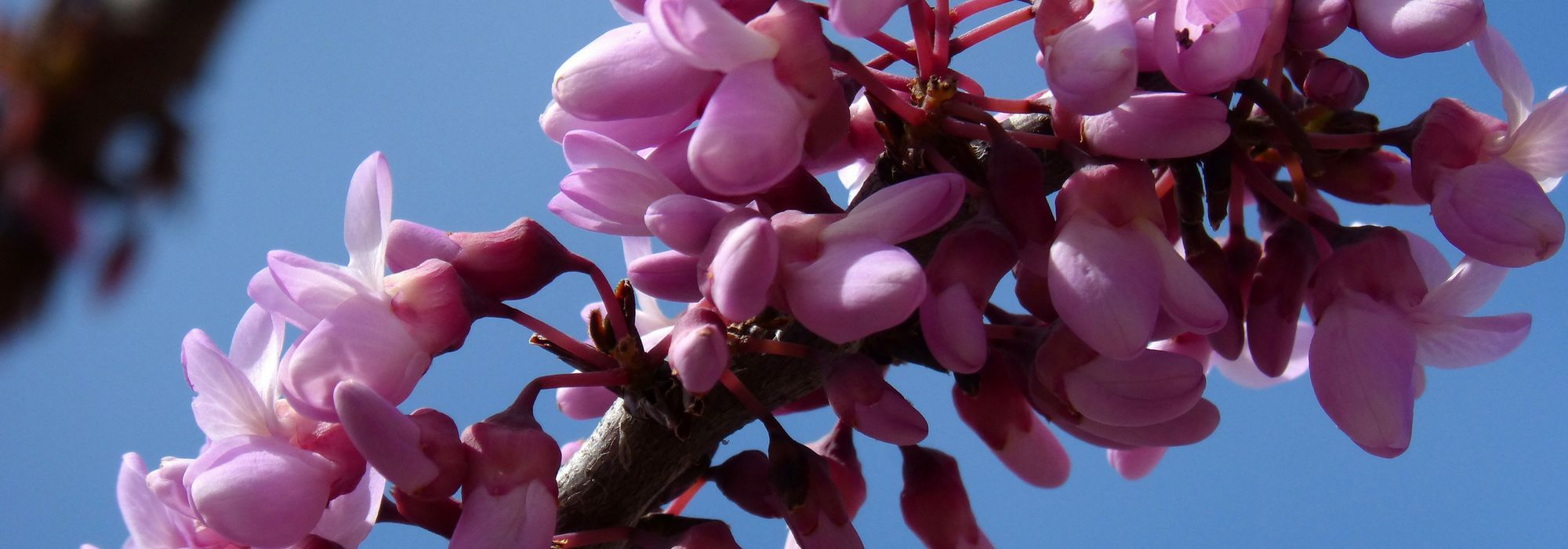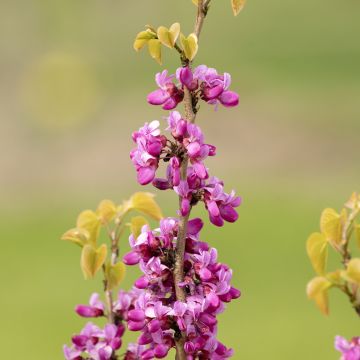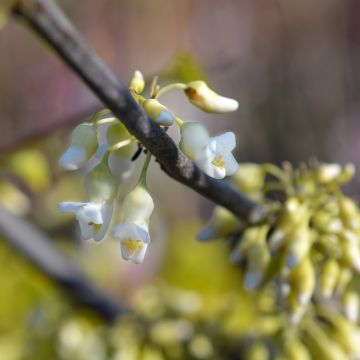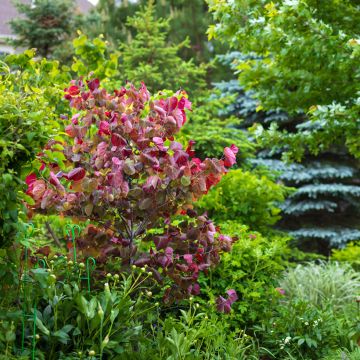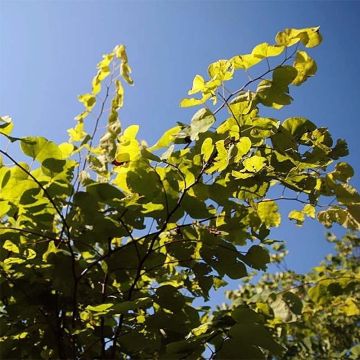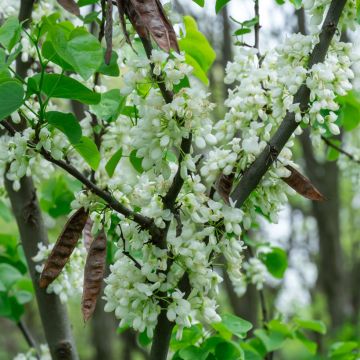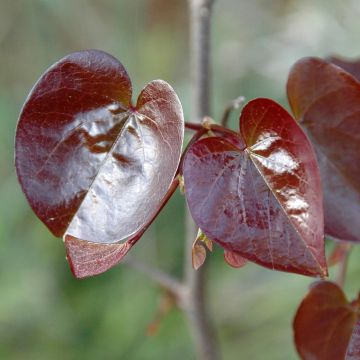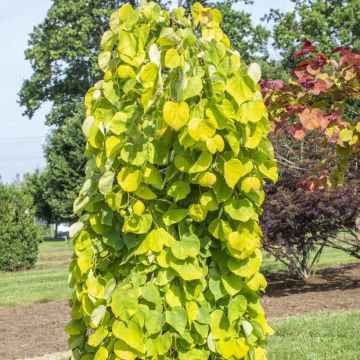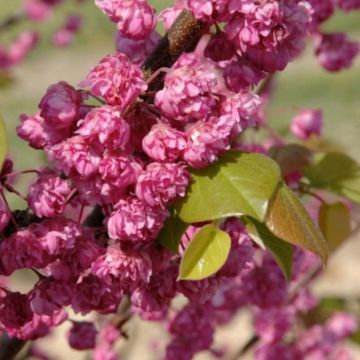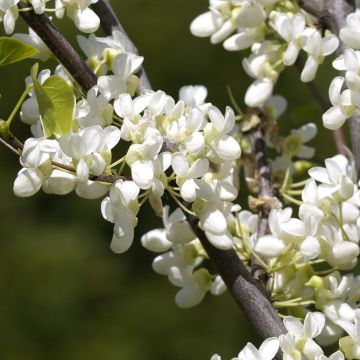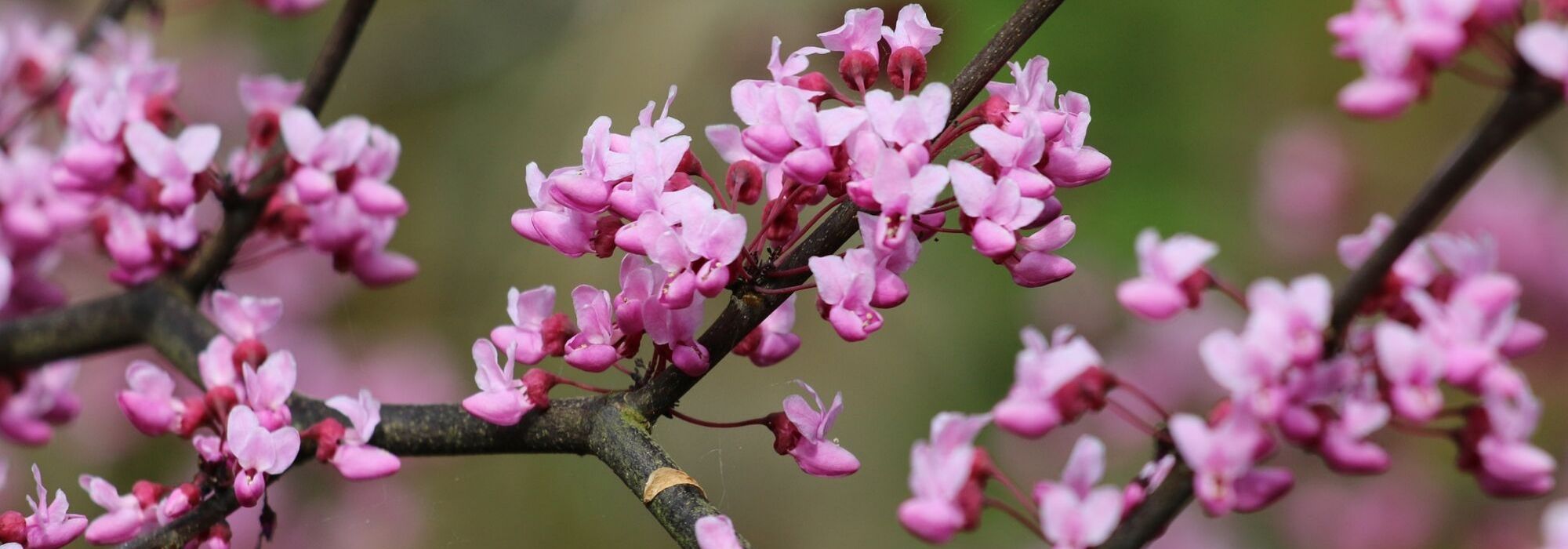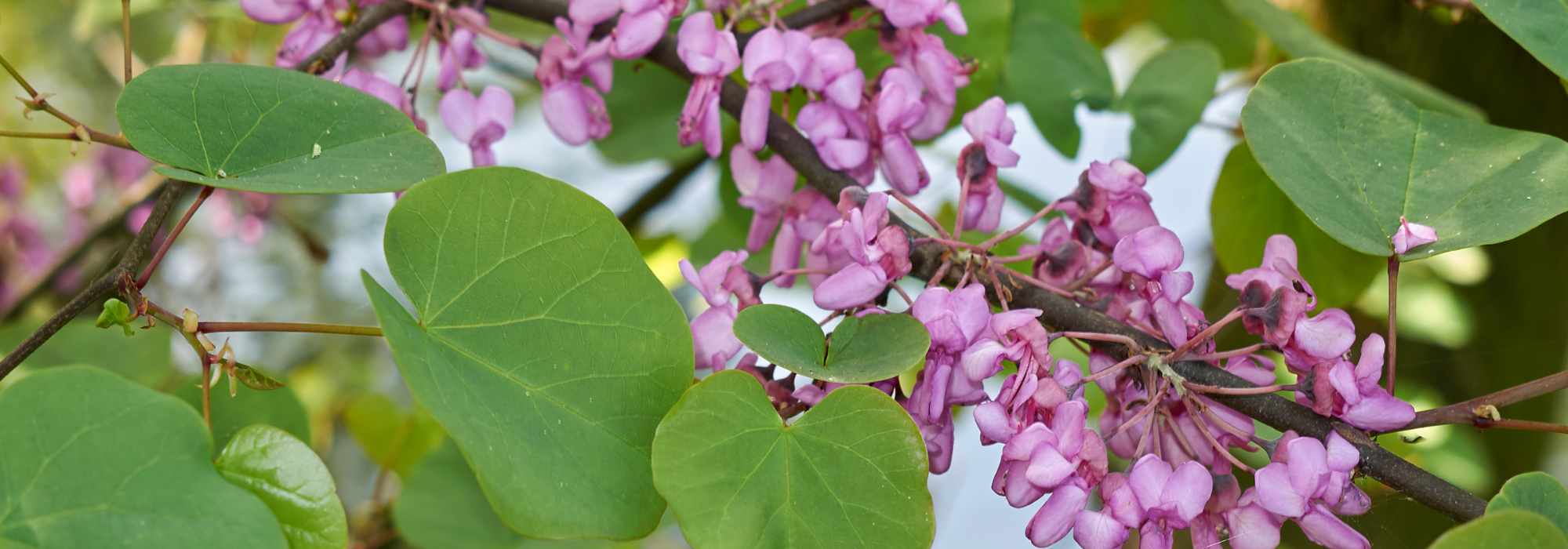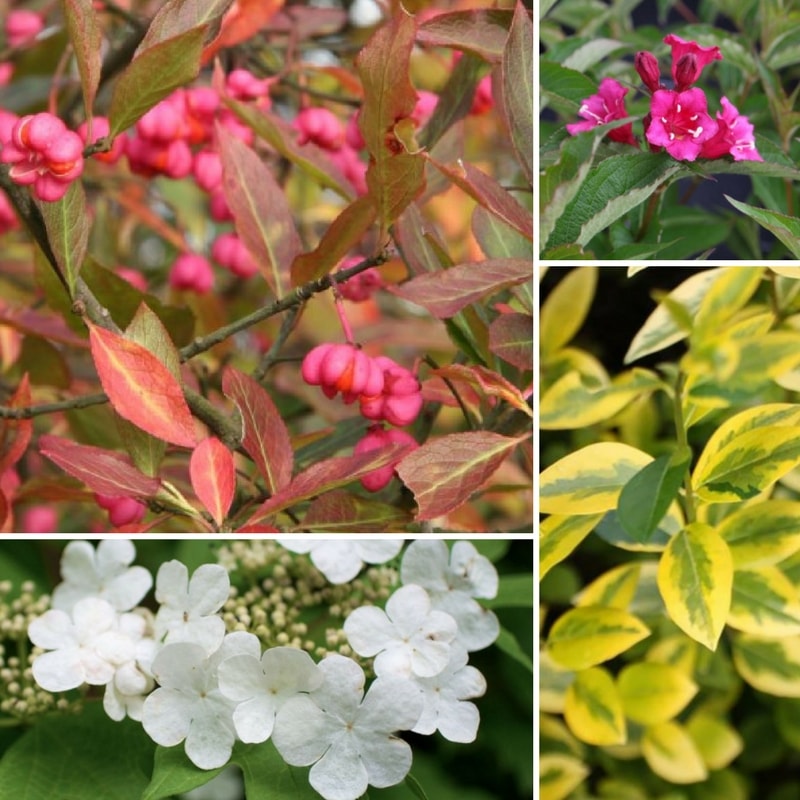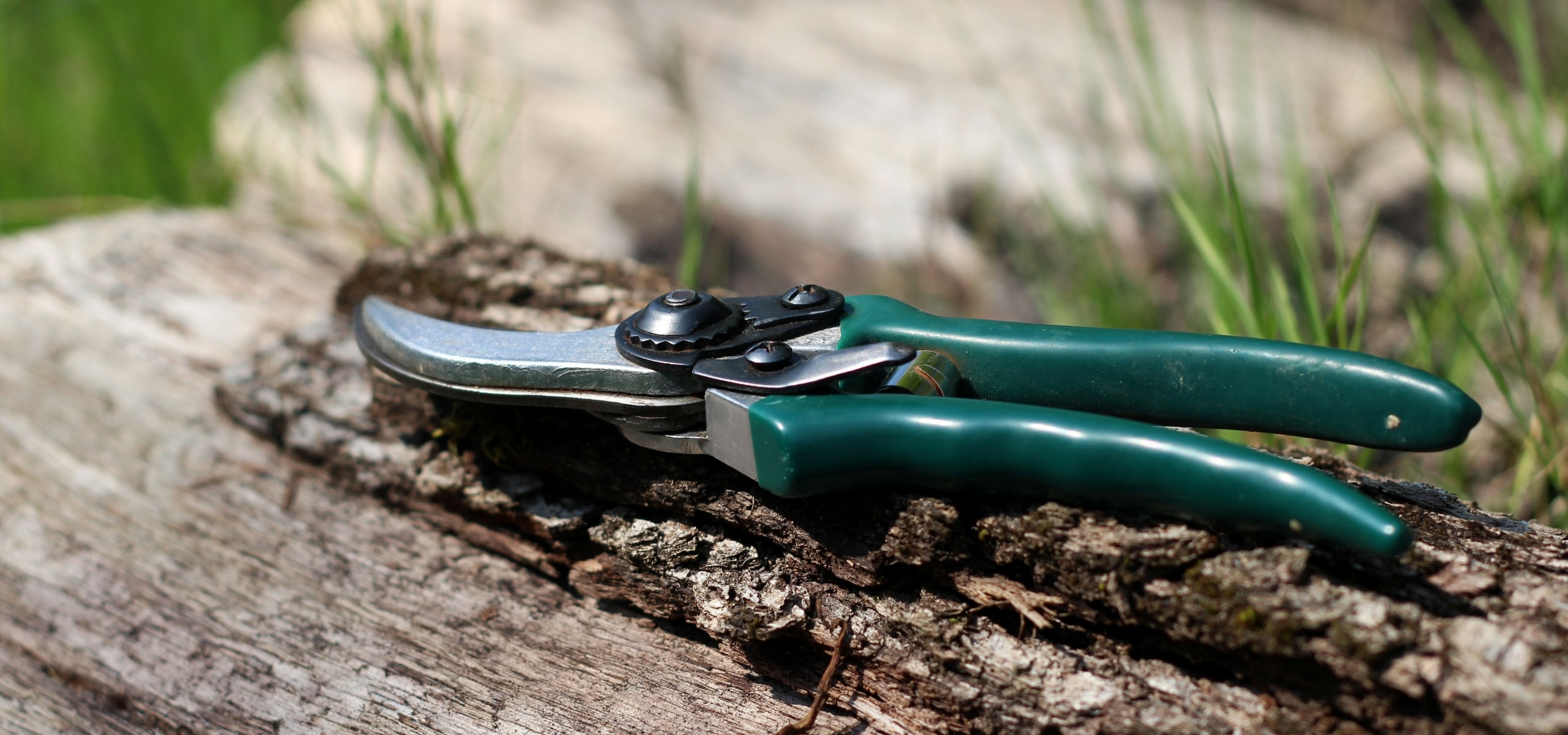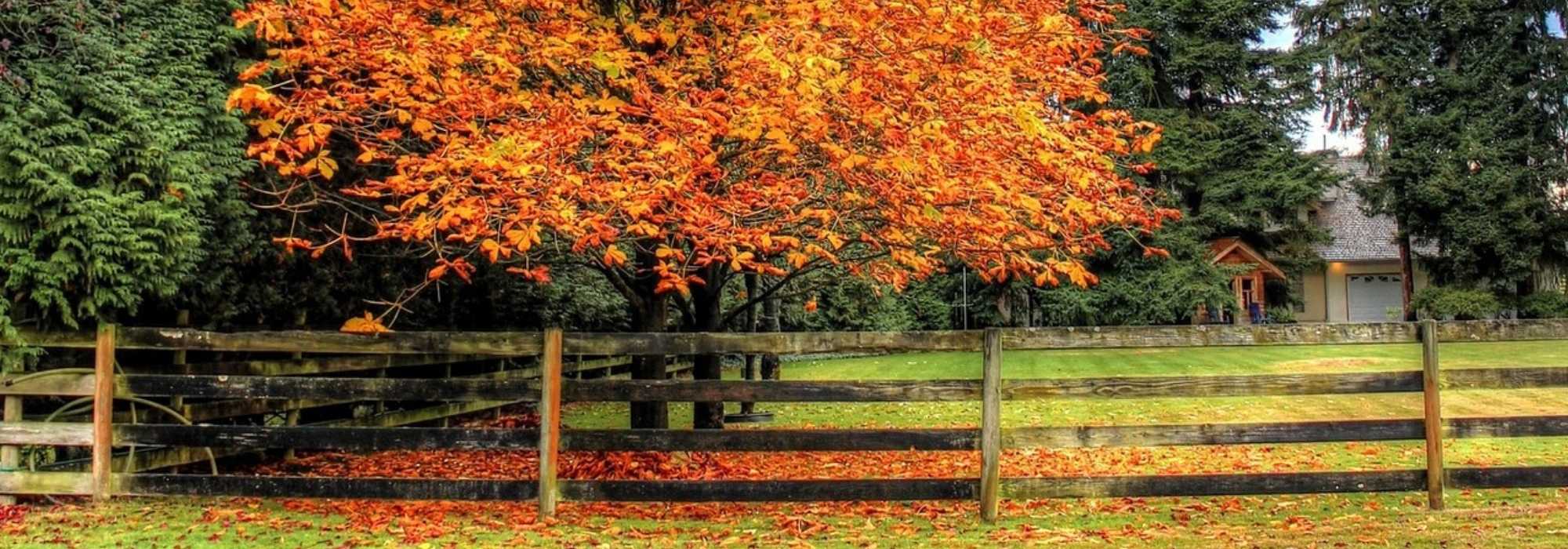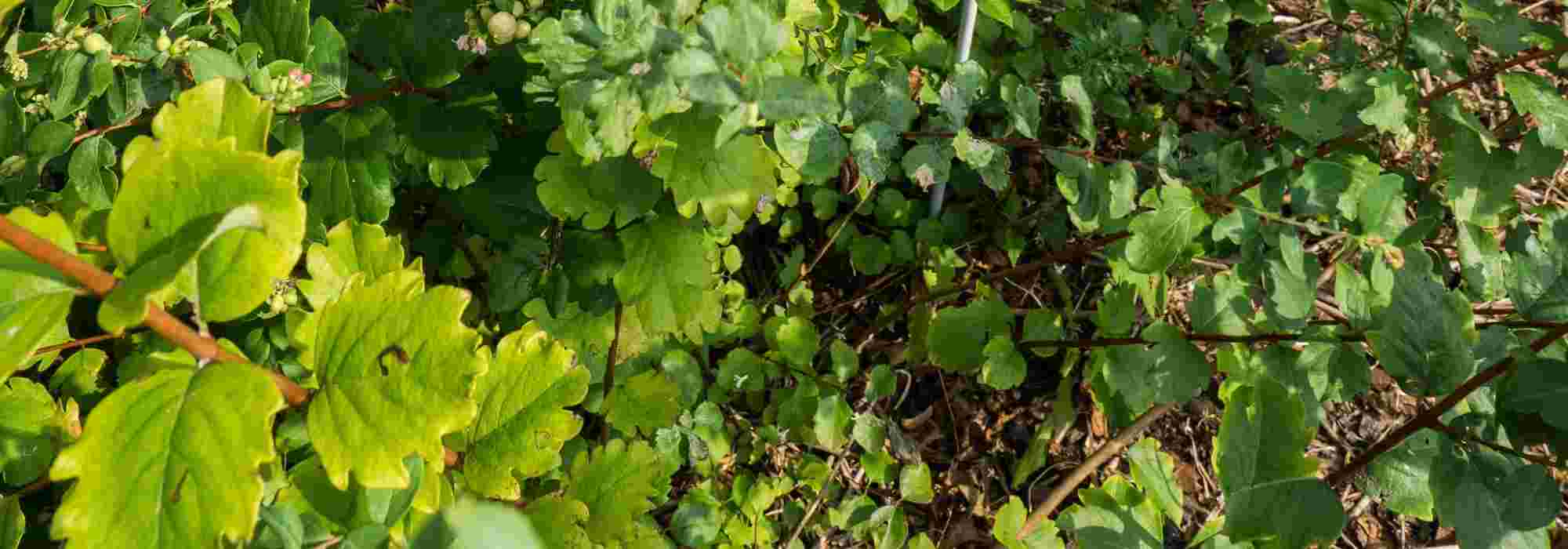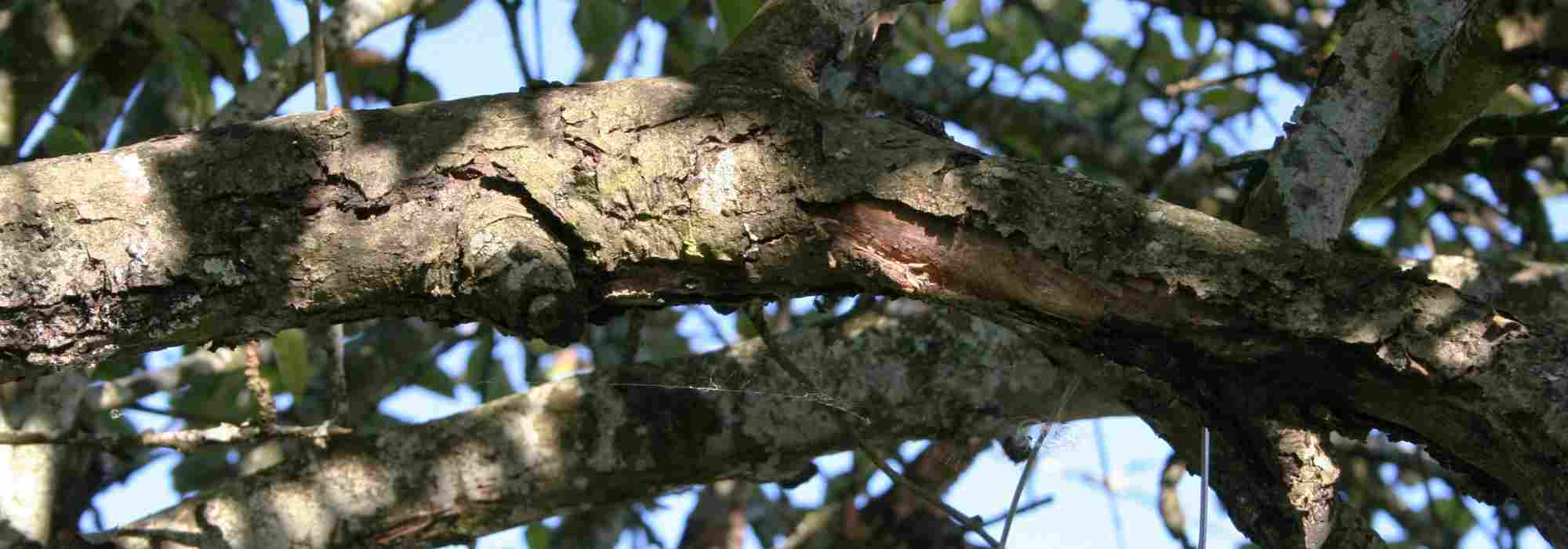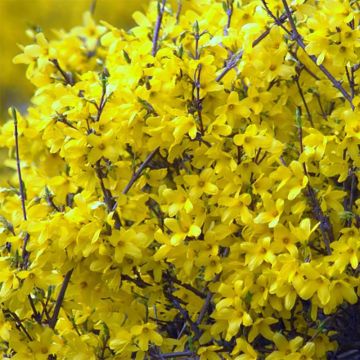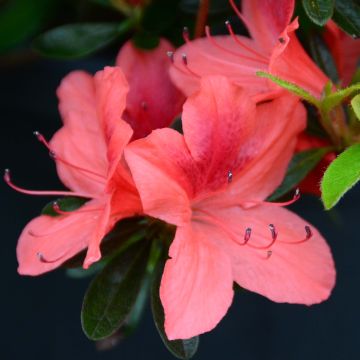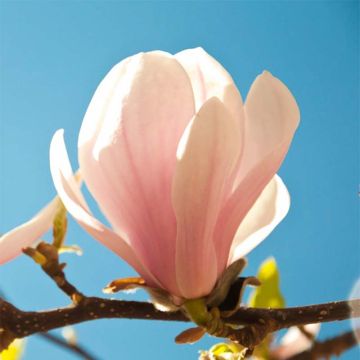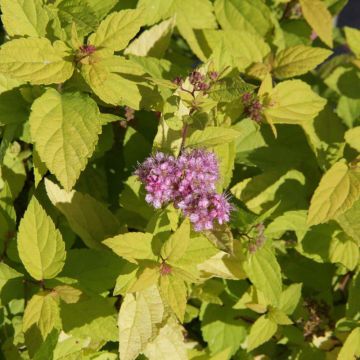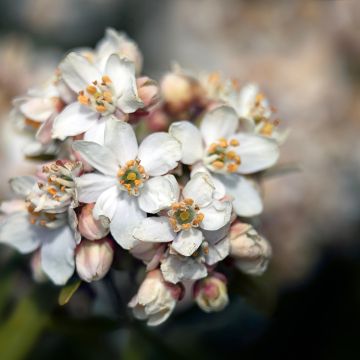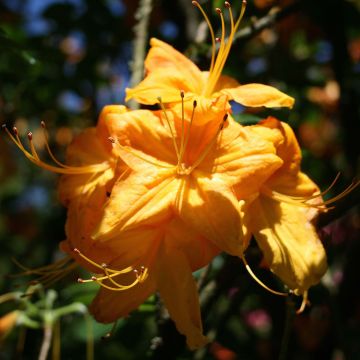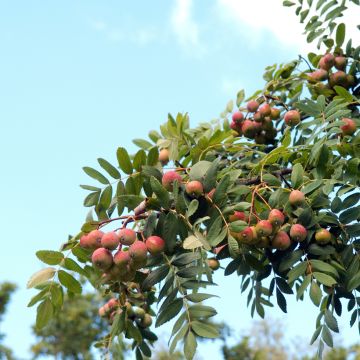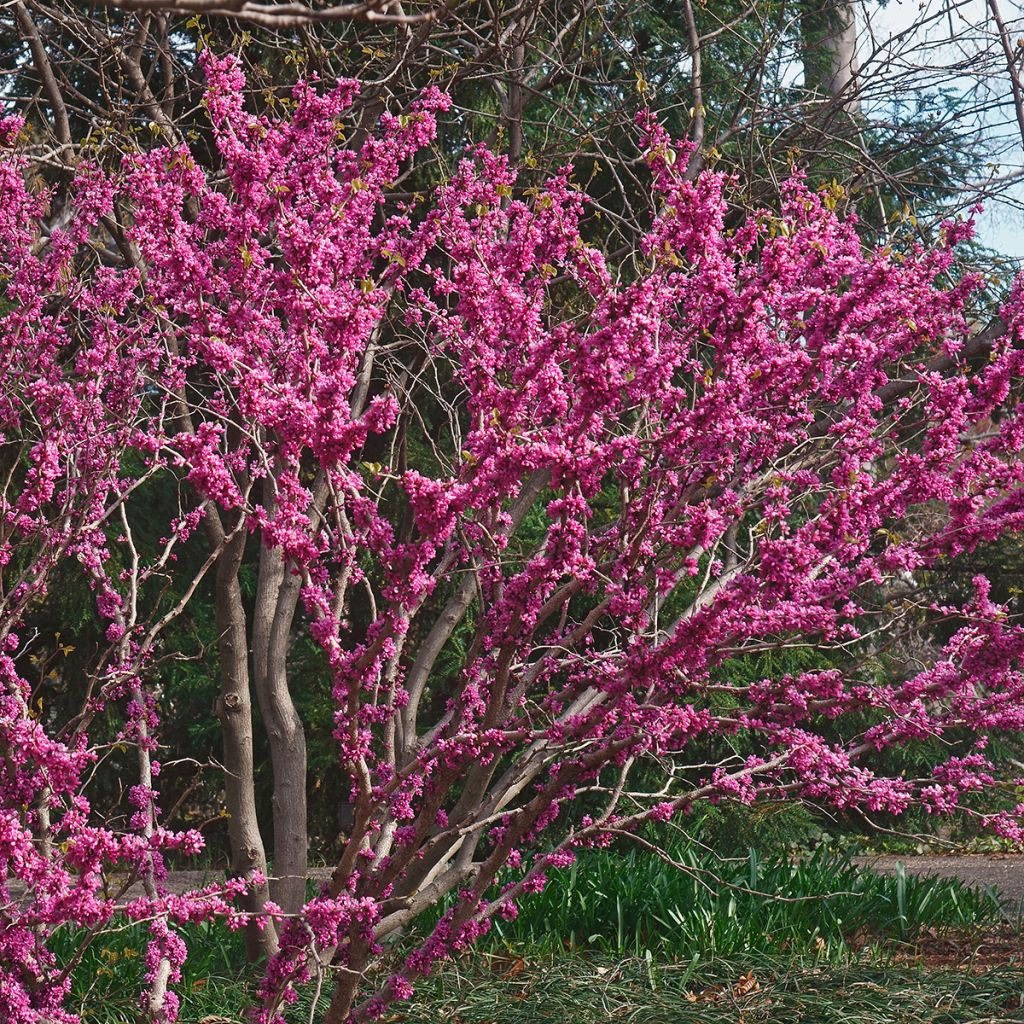

Cercis chinensis Don Egolf - Chinese Redbud
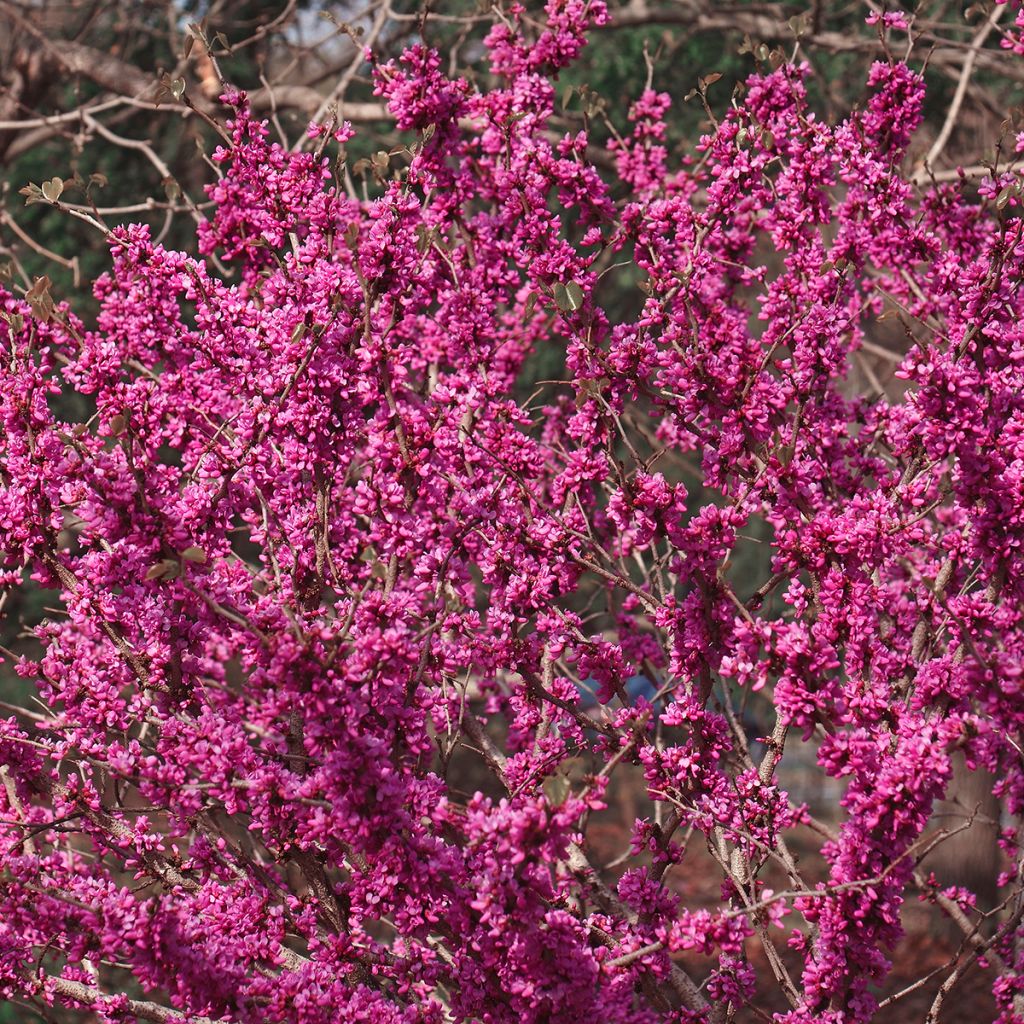

Cercis chinensis Don Egolf - Chinese Redbud
Cercis chinensis Don Egolf - Chinese Redbud
Cercis chinensis Don Egolf
Chinese Redbud, Judas Tree
Special offer!
Receive a €20 voucher for any order over €90 (excluding delivery costs, credit notes, and plastic-free options)!
1- Add your favorite plants to your cart.
2- Once you have reached €90, confirm your order (you can even choose the delivery date!).
3- As soon as your order is shipped, you will receive an email containing your voucher code, valid for 3 months (90 days).
Your voucher is unique and can only be used once, for any order with a minimum value of €20, excluding delivery costs.
Can be combined with other current offers, non-divisible and non-refundable.
Home or relay delivery (depending on size and destination)
Schedule delivery date,
and select date in basket
This plant carries a 24 months recovery warranty
More information
We guarantee the quality of our plants for a full growing cycle, and will replace at our expense any plant that fails to recover under normal climatic and planting conditions.
Does this plant fit my garden?
Set up your Plantfit profile →
Description
The Chinese Redbud 'Don Egolf' is a dwarf variety of Cercis chinensis appreciated for its bushy and regular habit, wider than it is tall. In spring, its bare branches are adorned with numerous small pink flowers grouped in clusters. Its slightly heart-shaped and thick leaves are deciduous. It thrives in sunny and semi-shady locations and in rich, moist, and well-drained soils. Cold-hardy and easy to grow, this small shrub will find its place in any garden, big or small, and even on your terrace in a large container.
Native to Asia (China and Japan), Cercis chinensis belongs to the Legume family, just like its cousin, the Judas tree or Cercis siliquastrum. Cercis species are cauliflorous. Their flowers appear directly on the wood, branches, and trunk. This is also the case with the cocoa tree (Theobroma cacao), the papaya tree (Carica papaya), the durian tree (Durio zibethinus), and the jackfruit tree (Artocarpus heterophyllus).
The Chinese Redbud 'Don Egolf' forms a compact and well-proportioned small shrub. With a slow growth rate, it doesn't exceed 2.5m in height and is generally wider than it is tall. In spring, before the emergence of its dark green and heart-shaped leaves, its branches and trunk are literally covered with clusters of pink flowers. It's a true delight for the eyes. Small, but very numerous, its flowers are papilionaceous, meaning they resemble those of sweet peas. Melliferous, they attract pollinators. The 'Don Egolf' variety is sterile. It does not produce fruits.
The Cercis chinensis 'Don Egolf' will easily find its place in a small garden as a solitary specimen or even on a terrace in a large container. Plant it in full sun or semi-shade in a rich, moist, and well-drained soil. In a large garden, create a magnificent spring border by pairing it with a Cornus florida 'Cherokee Daybreak' with white flowers in May-June or another redbud with white flowers, such as Cercis chinensis 'Shirobana' which can be planted in the background.
Pair it with a summer-flowering clematis, like Clematis 'Fond Memories', which will climb up its trunk and bloom from June to October, when your redbud will no longer have flowers.
Plant habit
Flowering
Foliage
Botanical data
Cercis
chinensis
Don Egolf
Fabaceae
Chinese Redbud, Judas Tree
Cultivar or hybrid
Other Cercis
View all →Planting and care
The Cercis chinensis 'Don Egolf' is an undemanding plant that thrives in a sunny or partially shaded position and in a rich, moist, and well-drained soil (not retaining too much water). Pruning is generally not necessary unless it becomes too bulky or to remove dead or unruly branches. In this case, prune in March-April.
Cercis trees do not appreciate being moved once established. Therefore, choose its location carefully, either as a standalone plant, in a border, or even in a free-flowering hedge.
Mulch the base of young Cercis trees to protect them from winter harshness.
Planting period
Intended location
Care
Planting & care advice
This item has not been reviewed yet - be the first to leave a review about it.
Similar products
Haven't found what you were looking for?
Hardiness is the lowest winter temperature a plant can endure without suffering serious damage or even dying. However, hardiness is affected by location (a sheltered area, such as a patio), protection (winter cover) and soil type (hardiness is improved by well-drained soil).

Photo Sharing Terms & Conditions
In order to encourage gardeners to interact and share their experiences, Promesse de fleurs offers various media enabling content to be uploaded onto its Site - in particular via the ‘Photo sharing’ module.
The User agrees to refrain from:
- Posting any content that is illegal, prejudicial, insulting, racist, inciteful to hatred, revisionist, contrary to public decency, that infringes on privacy or on the privacy rights of third parties, in particular the publicity rights of persons and goods, intellectual property rights, or the right to privacy.
- Submitting content on behalf of a third party;
- Impersonate the identity of a third party and/or publish any personal information about a third party;
In general, the User undertakes to refrain from any unethical behaviour.
All Content (in particular text, comments, files, images, photos, videos, creative works, etc.), which may be subject to property or intellectual property rights, image or other private rights, shall remain the property of the User, subject to the limited rights granted by the terms of the licence granted by Promesse de fleurs as stated below. Users are at liberty to publish or not to publish such Content on the Site, notably via the ‘Photo Sharing’ facility, and accept that this Content shall be made public and freely accessible, notably on the Internet.
Users further acknowledge, undertake to have ,and guarantee that they hold all necessary rights and permissions to publish such material on the Site, in particular with regard to the legislation in force pertaining to any privacy, property, intellectual property, image, or contractual rights, or rights of any other nature. By publishing such Content on the Site, Users acknowledge accepting full liability as publishers of the Content within the meaning of the law, and grant Promesse de fleurs, free of charge, an inclusive, worldwide licence for the said Content for the entire duration of its publication, including all reproduction, representation, up/downloading, displaying, performing, transmission, and storage rights.
Users also grant permission for their name to be linked to the Content and accept that this link may not always be made available.
By engaging in posting material, Users consent to their Content becoming automatically accessible on the Internet, in particular on other sites and/or blogs and/or web pages of the Promesse de fleurs site, including in particular social pages and the Promesse de fleurs catalogue.
Users may secure the removal of entrusted content free of charge by issuing a simple request via our contact form.
The flowering period indicated on our website applies to countries and regions located in USDA zone 8 (France, the United Kingdom, Ireland, the Netherlands, etc.)
It will vary according to where you live:
- In zones 9 to 10 (Italy, Spain, Greece, etc.), flowering will occur about 2 to 4 weeks earlier.
- In zones 6 to 7 (Germany, Poland, Slovenia, and lower mountainous regions), flowering will be delayed by 2 to 3 weeks.
- In zone 5 (Central Europe, Scandinavia), blooming will be delayed by 3 to 5 weeks.
In temperate climates, pruning of spring-flowering shrubs (forsythia, spireas, etc.) should be done just after flowering.
Pruning of summer-flowering shrubs (Indian Lilac, Perovskia, etc.) can be done in winter or spring.
In cold regions as well as with frost-sensitive plants, avoid pruning too early when severe frosts may still occur.
The planting period indicated on our website applies to countries and regions located in USDA zone 8 (France, United Kingdom, Ireland, Netherlands).
It will vary according to where you live:
- In Mediterranean zones (Marseille, Madrid, Milan, etc.), autumn and winter are the best planting periods.
- In continental zones (Strasbourg, Munich, Vienna, etc.), delay planting by 2 to 3 weeks in spring and bring it forward by 2 to 4 weeks in autumn.
- In mountainous regions (the Alps, Pyrenees, Carpathians, etc.), it is best to plant in late spring (May-June) or late summer (August-September).
The harvesting period indicated on our website applies to countries and regions in USDA zone 8 (France, England, Ireland, the Netherlands).
In colder areas (Scandinavia, Poland, Austria...) fruit and vegetable harvests are likely to be delayed by 3-4 weeks.
In warmer areas (Italy, Spain, Greece, etc.), harvesting will probably take place earlier, depending on weather conditions.
The sowing periods indicated on our website apply to countries and regions within USDA Zone 8 (France, UK, Ireland, Netherlands).
In colder areas (Scandinavia, Poland, Austria...), delay any outdoor sowing by 3-4 weeks, or sow under glass.
In warmer climes (Italy, Spain, Greece, etc.), bring outdoor sowing forward by a few weeks.






























